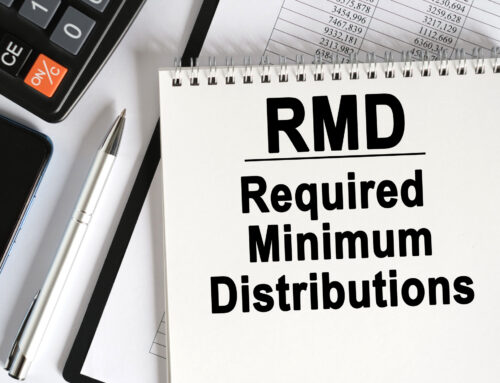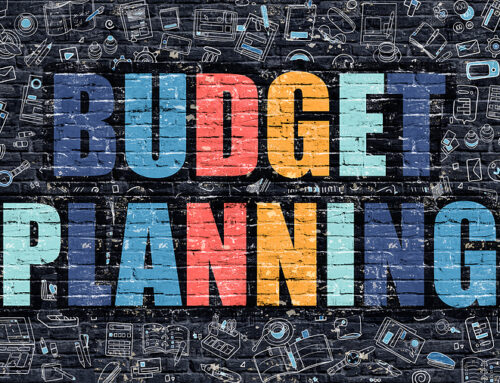
When people think about retirement, they often imagine years of relaxation and freedom. But for many retirees and pre-retirees, that vision comes with an underlying concern: what happens if the market takes a downturn? Recessions are an unavoidable part of the economic cycle, and while you can’t control when or how severe they are, you can take steps to prepare. A sound strategy begins with identifying your risks and putting measures in place to help reduce their impact.
Understanding Retirement Risks
Market risk is one of the most talked-about concerns for retirees. Leaving your savings in volatile investments and hoping they’ll be available when you need them can be risky, particularly if withdrawals line up with a market dip. On the other hand, keeping your money in low-risk but low-growth investments may not keep pace with inflation or provide enough flexibility. Neither approach alone fully addresses the risks you may face in retirement.
The key is balance—having a strategy that protects your income while still leaving room for growth.
Tools to Help Protect Retirement Income
There are financial solutions designed to help address market risk more directly. Certain annuity products may offer features intended to help protect principal or provide more predictable income streams, though outcomes depend on the specific product and market conditions.
Life insurance products, such as indexed universal life policies, can also play a role. The cash value component may serve as an additional resource for liquidity or emergency expenses, offering flexibility if you need to tap into funds unexpectedly. More importantly, having a plan to replenish your emergency savings—whether it comes from investment income, insurance products, or other sources—helps ensure you’re not left vulnerable if you dip into it.
Planning Beyond the Market
Market performance is only one piece of the puzzle. Healthcare and long-term care are some of the most significant costs retirees face, and a recession doesn’t make those bills disappear. Considering health insurance strategies, long-term care coverage or other ways to offset these expenses can help protect your overall financial picture.
Liquidity is another vital component. Having cash reserves on hand allows you to cover unexpected expenses without being forced to sell investments at a loss. A comprehensive plan includes both access to funds and a method to rebuild those reserves when life stabilizes.
Building a Resilient Retirement Plan
Ultimately, the goal isn’t to “beat” a recession but to prepare for one. That preparation means having:
- A plan you’re confident in to generate regular income for as long as you live.
- Liquidity for emergencies and flexibility in how you access your funds.
- Healthcare and long-term care strategies to manage significant retirement expenses.
- A balanced approach that protects against risks while allowing for potential growth.
A recession may be unpredictable, but your retirement doesn’t have to feel uncertain. With a mix of strategies, tools, and guidance, you can put yourself in a position to navigate downturns with greater confidence. But knowing what collection of tools and strategies may be advantageous to you takes a professional approach. Reach out to us to get started on a tailored strategy that’s truly aimed at addressing your retirement risks based on your unique financial situation.








